Despite recent changes that have made working through a limited company far less attractive than before, many GPs, including recently qualifieds starting to work in general practice, choose to work as a limited company. The purpose of this article is to give a full explanation of how limited companies work and if they are appropriate for you.
Firstly, to explain what we mean by a limited company. A limited company has its own legal personality – it exists separate from the people involved with it – unlike a partnership which has no legal personality and only exists as a group of individuals. This is how and why a limited company can pay tax on its own profits – again unlike a partnership where the profits flow through to the individual partners.
A limited company will have two sets of people involved with it, directors who run the company – and are paid a salary for their duties, and shareholders who own the shares and who are paid dividends.
The immediate attraction of the limited company is that it pays tax at just 19% – and that is enough to attract many GPs to set up as such, but that is just half the story. The challenge is then extracting the money out of the company.
As a director, the GP can receive a salary, but this can be expensive. Once the salary exceeds £8,630, the company has to pay 13.8% employer national insurance – so that immediately negates some of the tax advantage. The traditional approach was to pay the directors a salary close to the employer national insurance limit, and then make the rest of the payments as dividends. Up to 2016, if a shareholder received dividends, the dividend was taxed at the shareholders rate of tax, but received a credit for the corporation tax rate that the company profits had already suffered. So, at the time when corporation tax was 20%, it meant that a 40% taxpayer just had to pay 20% tax on the dividends. Overall, this meant that no more tax was paid whether the individual worked through the company or self employed.
Since 2016, the situation has dramatically changed. Shareholders can receive £2,000 of dividends tax free, but after that, the tax charge on the dividend will depend on the individual’s level of earnings:
A Basic Rate Taxpayer will pay tax on the dividends at 7.5%
A 40% Taxpayer will pay tax on the dividends at 32.5%
And a 45% taxpayer will pay tax on the dividends at 38.1%
Remember, these taxes are in addition to the 19% corporation tax charge that the company has already borne, so a 40% taxpayer using a company will be paying tax of 51.5% after the taxation on dividends and corporation tax.
The use of companies has also been challenged by HMRC as part of their IR35 campaign. IR35 is intended to root out disguised employees by looking at what is actually happening in the relationship between the employer and the company, rather than what is being represented at face value.
There are situations in which the use of a company is appropriate. In some situations, the income earned by the company could be superfluous to the needs of the directors and shareholders and will only suffer tax at 19%. At some stage the directors and shareholders might want their funds. It is possible to liquidate a company and just pay 10% capital gains tax if entrepreneur relief can be secured, but that is something for which careful advice should be taken.
It is possible to set the company up with the children or spouses included as shareholders, but remember, the income of minor children from assets given to them by their parents remains income of the parent – and we might be straying here into the reaches of unacceptable tax avoidance. Your accountant will be able to guide you.
There are some other issues to consider when using a company – as a director you have to pay tax on any benefits in kind (such as the provision of a car). This does not extend to the self employed.
Using a limited company does have it’s place but it is not a universal panacea. When considering using a company, get professional advice from your accountant
This article was written by Laurence Slavin, a partner with Ramsay Brown, Chartered Accountants who specialise in the finances of GPs, and who are members of AISMA – the Association of Specialist Medical Accountants. Laurence can be contacted at [email protected]




